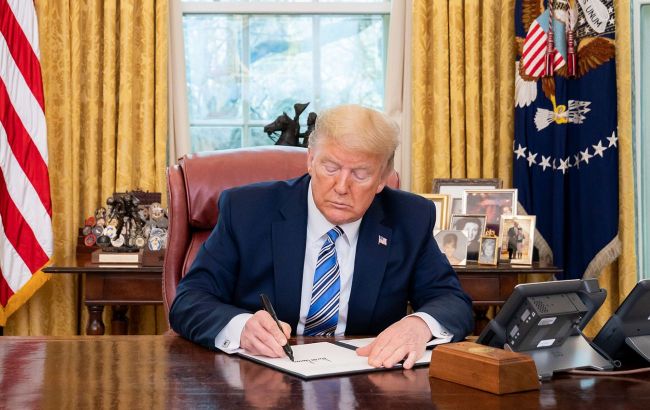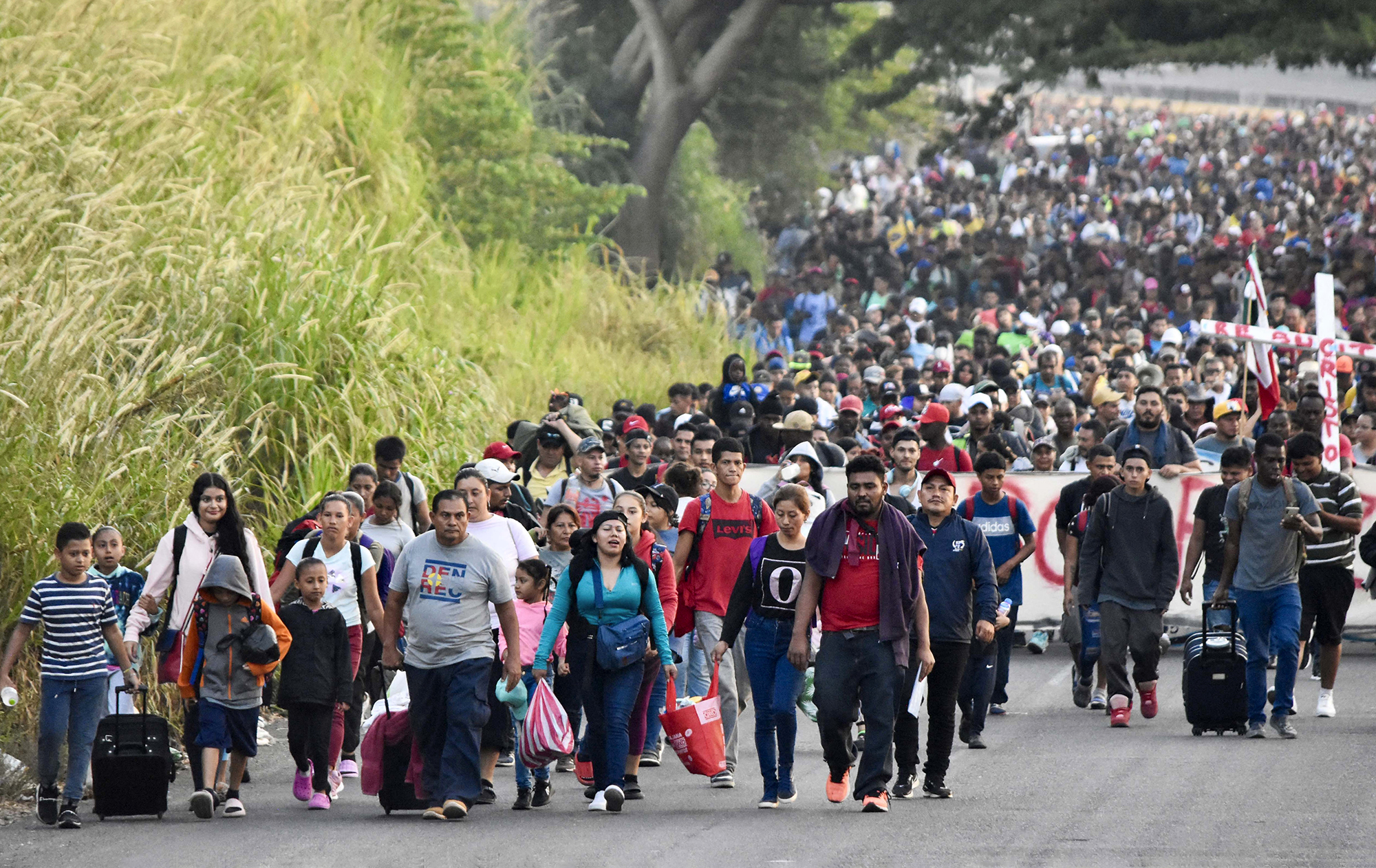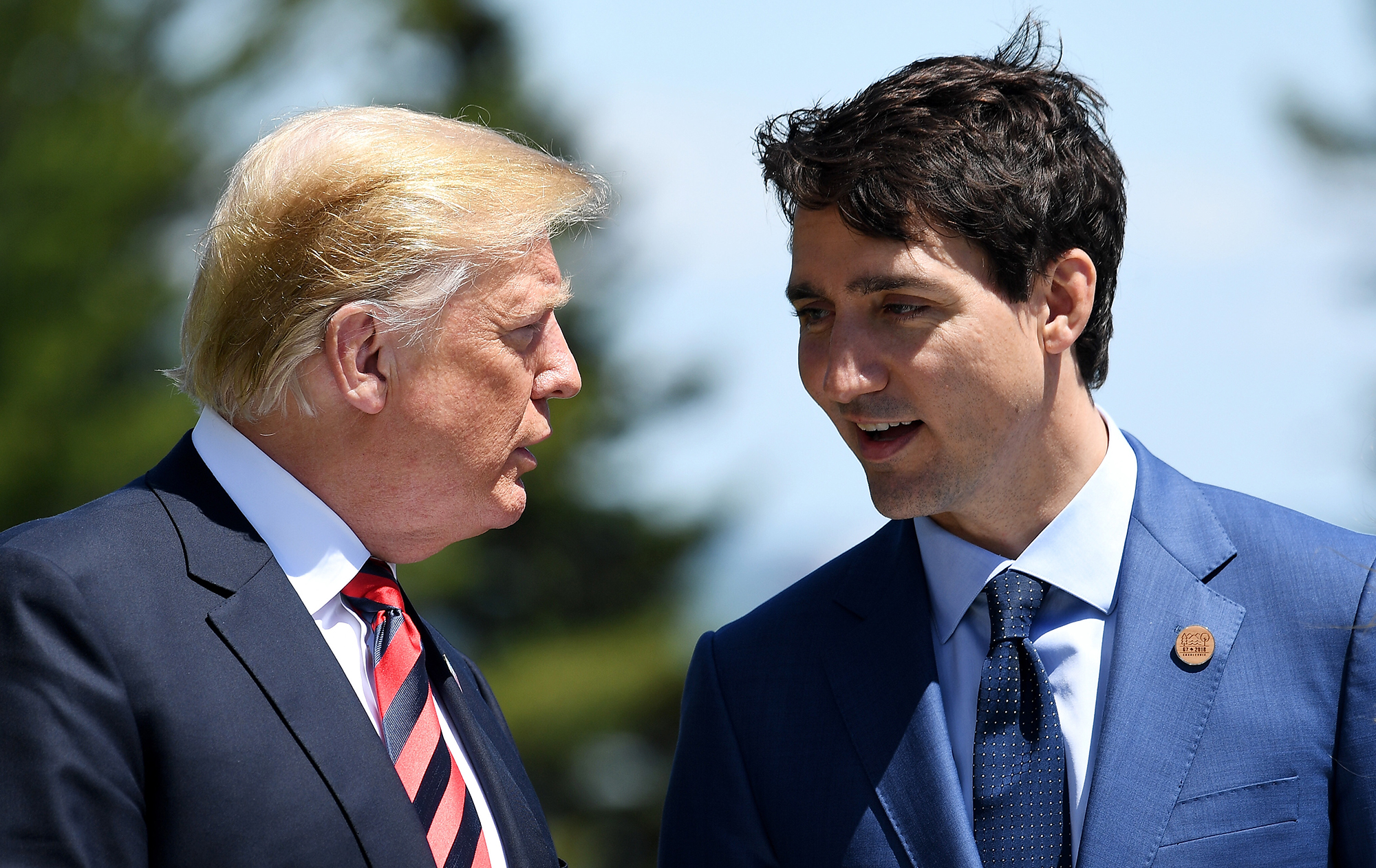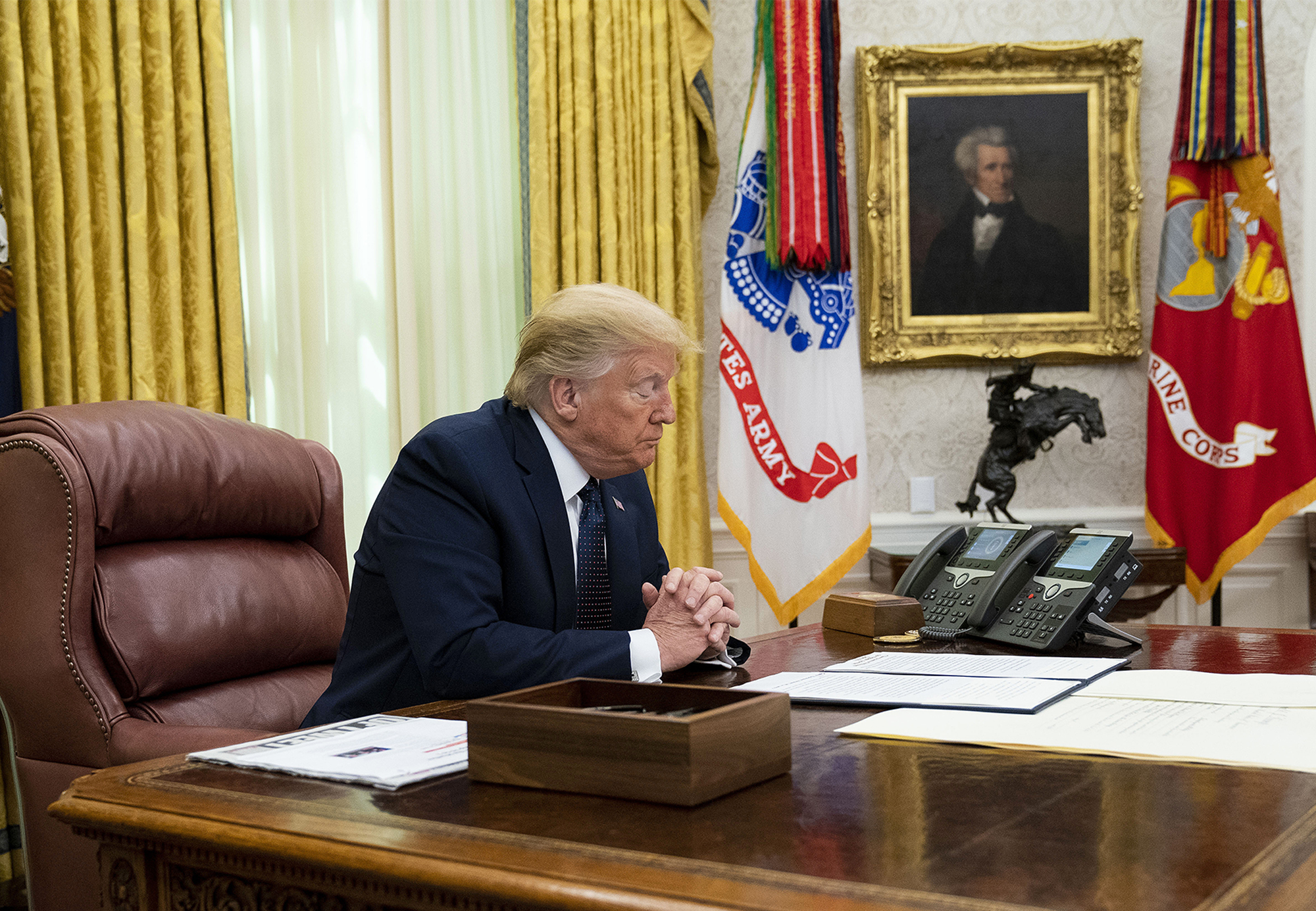Trump's hundred: First possible executive orders of the 47th US President
 Photo: Donald Trump, US President-elect (flickr.com/whitehouse45)
Photo: Donald Trump, US President-elect (flickr.com/whitehouse45)
During his first days as President of the United States, Donald Trump is expected to issue at least a hundred executive orders. The initial decisions of the 47th President of the US will likely address immigration, strengthening the border with Mexico, combating inflation, and other issues.
During his first 100 days as president, Joe Biden, who is now leaving the White House, issued 42 executive orders, half of which overturned decisions by the previous administration - those of the 45th President, Donald Trump.
Biden explained the repeal of these orders, most of which dealt with immigration, as a response to what he called Trump’s "bad policies." Likely, Trump will now "return the favor" to his predecessor.
The newly elected President of the US has already promised to "make heads spin" with the speed of his decision-making immediately after his inauguration. His team has announced at least a hundred executive orders to be issued in the first days of his presidency. These orders are already in development.
Immigration and border security
According to Reuters, many of Trump’s initial orders will focus on tightening immigration control and fulfilling his promise of mass deportation of undocumented immigrants from the US.
Trump is expected to grant federal agencies greater authority to arrest undocumented immigrants without a criminal record, increase military presence on the Mexican border, and resume the construction of the wall. To secure funding, Trump may declare a state of emergency due to illegal immigration.
Trump plans to terminate Biden’s temporary programs that allowed hundreds of thousands of migrants from certain countries to legally enter the US for humanitarian reasons and obtain work permits.

Photo: Trump's first executive orders may apply to illegal immigrants (Getty Images)
Another potential measure of the 47th president could involve revoking automatic citizenship for those born in the US to undocumented parents.
However, this initiative may face significant legal problems, as it conflicts with the 14th Amendment of the US Constitution, which guarantees citizenship to all persons born or naturalized in the US. This principle has been in place for over 150 years.
Besides the executive order, Trump would need the states to agree to a national convention or secure two-thirds of the votes in Congress to support the proposal, which would then need to be ratified by three-quarters of state legislatures, where the Republican Party controls only slightly more than half. Simply put, achieving this is theoretically possible but practically unlikely.
Pardons for capitol riot participants
US presidents have broad powers to pardon individuals convicted of federal crimes and to commute their sentences. While Trump has not explicitly promised to pardon participants in the January 6, 2021, Capitol riot, he has not ruled out the possibility in several interviews.
A pardon can be granted to both those already convicted and those still under investigation. It is currently unclear who will ultimately receive a pardon from Trump. The president-elect said that he is "inclined to pardon many of them," but he cannot comment on each individual case.

Photo: Trump may pardon participants in the Capitol assault (Getty Images)
Future White House press secretary Karoline Leavitt said that Trump would make decisions on "each specific case" after returning to the White House. To date, more than 1,500 people have been arrested over the January events at the Capitol, over 750 of whom have been convicted of various crimes - ranging from entering the Capitol to assaulting police officers and inciting conspiracy.
Trump himself is also implicated in the case of the Capitol assault. He is accused of provoking the violence on Capitol Hill in Washington. Trump might also pardon himself, which is within his powers, although it would be the first such case in American history.
Withdrawal from WHO and the Paris Climate Agreement
Back in December of last year, the Financial Times reported on the Trump team's intentions to withdraw the United States from the World Health Organization (WHO) once again. The first US exit from the organization also occurred during Trump’s presidency, in May 2020, amidst the COVID-19 pandemic. The US rejoined the WHO under President Biden.
A second US withdrawal would leave the WHO without its largest source of funding (in 2022-23, the US contributed about 16% of the organization's total funding) and would impact its ability to respond to global crises.
Trump's team aims to initiate the withdrawal process from the WHO immediately on inauguration day.
Photo: Trump could begin the process of the US exiting the WHO on inauguration day (Getty Images)
Trump also intends to withdraw from the Paris Climate Agreement. As with the WHO, he previously took this step during his first term, but Biden brought the US back into the international accord.
According to The New York Times, Trump’s team has already prepared corresponding executive orders, including measures to reduce the size of federally protected lands designated as national monuments, allowing for increased mineral extraction and drilling.
Energy policy
Exiting the Paris Agreement would enable the new US administration to bypass restrictions on carbon emissions and prioritize domestic oil and gas production.
Trump is also expected to reverse Biden administration programs supporting electric vehicles (EVs) and charging stations while intensifying measures to block the import of cars, components, and battery materials from China.
Biden’s climate programs targeting power plants, a pause on liquefied natural gas (LNG) exports, and exemptions allowing stricter environmental rules in California and other states might also be rescinded.
Tariffs and trade
One of Trump’s potential early moves as president could be to fulfill his threats to raise tariffs on imports from America's major trading partners, aiming to accelerate domestic economic growth.
“I strongly believe in tariffs. I think tariffs are the most beautiful word. I think they’re beautiful. They’ll make us rich,” Trump said in one of his interviews.

Photo: Trump could impose tariffs on Canada (Getty Images)
Although the specifics of the tariffs remain unclear, Trump has suggested plans for at least a 10% general tariff on imports and a 60% tax on goods from China. He has also promised 25% tariffs on Mexico (for migrants and drugs entering the US via its borders) and Canada (for unresolved trade and immigration issues).
Tensions with Canada have even escalated into public spats between Trump, his team, and Canadian Prime Minister Trudeau. Trump has joked that Canada should resolve its issues by becoming the 51st US state, while billionaire Elon Musk, a Trump ally, referred to the Canadian prime minister as “girl.”
To collect tariff revenues, Trump plans to establish a new External Revenue Service. He announced this idea on his social media platform, Truth Social. Its structure remains uncertain, while insiders speculate that Trump may simply rename an existing Treasury Department unit.
Abortion policy
Trump has pledged to overturn Biden's decisions related to the Title X family planning program upon returning to the White House.
During his first term, Trump prohibited Title X healthcare providers from mentioning abortion, offering related services, or even answering patient questions about it. This led several states to withdraw from the program. Biden reversed this policy within the first months of his presidency.
Sources: BBC News, Reuters, CNN, The Washington Post, Financial Times, and The New York Times.
Read also about key figures in the 47th president’s future administration.
You can read more about Trump’s upcoming inauguration in a separate article.


